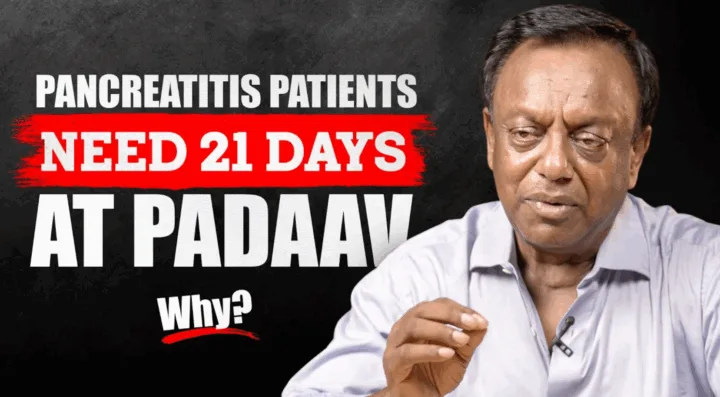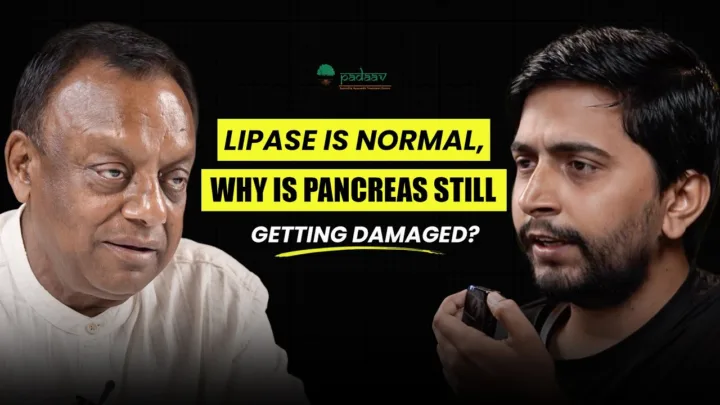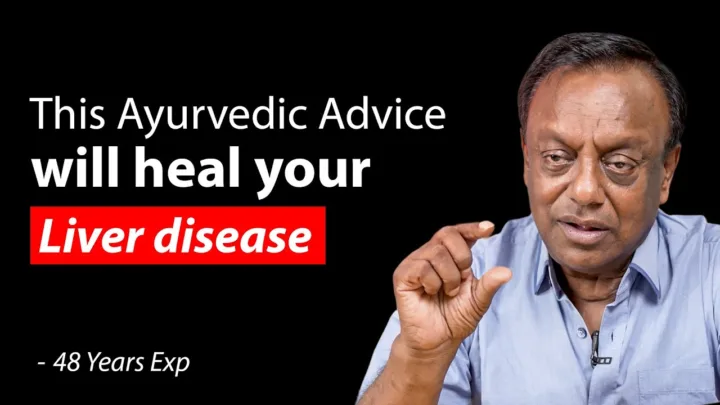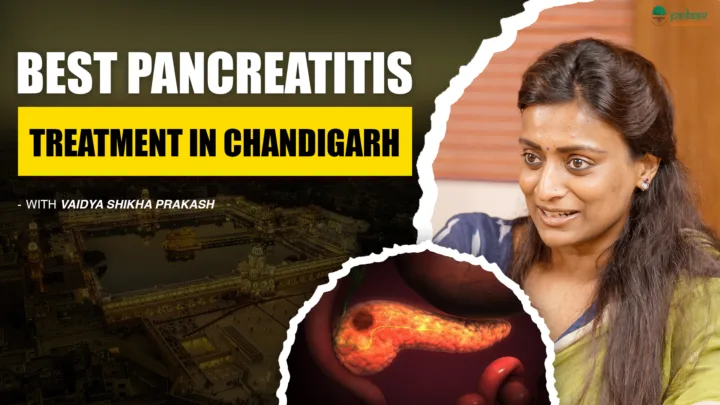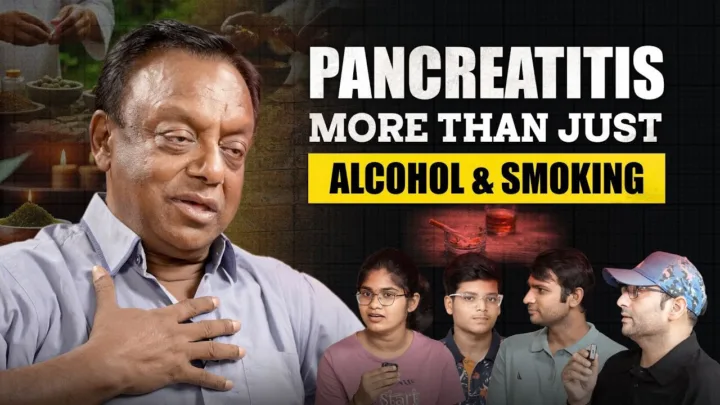The definition of a healthy person, according to ancient Ayurvedic texts, goes far beyond the absence of disease. It is a state of complete physical, mental, and spiritual well-being. A truly healthy individual is one whose Dosh (Vata, Pitta, Kapha), Dhatu (Rasa, Rakta, Mamsa, Meda, Asthi, Majja, Shukra), and Mal (urine, feces, sweat) are in perfect balance, and whose mind, senses, and soul are filled with peace and joy.
This profound state of health is only possible when our immune system is strong at every level not just centrally, but at the very core of our homes and communities. This holistic understanding led Padma Shree Awardee Vaidya Balendu Prakash, a physician with over 40 years of experience, to believe that Ayurveda is not just a medical system but a powerful immune modulator.
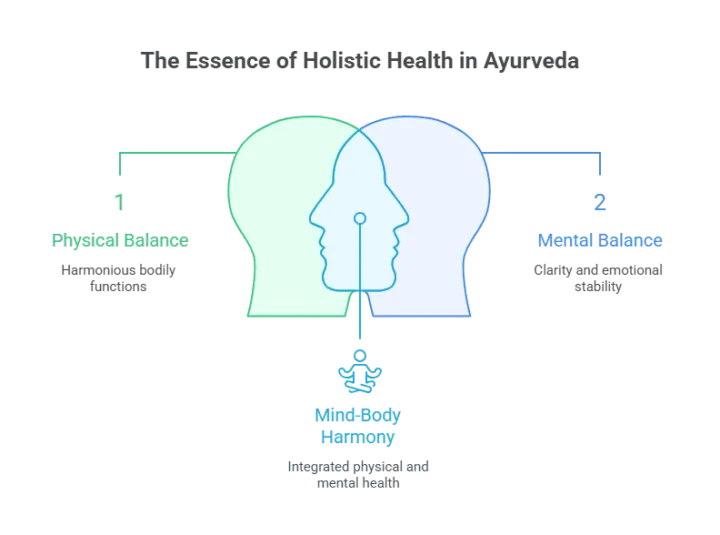
A Vaidya’s Journey of Discovery
Vaidya Balendu Prakash’s journey to this realization began in his early days as an Ayurveda student. He was intrigued by the concept of “Ayurveda,” which he understood to be the “knowledge of life.” He was drawn to its foundational principles: protecting the health of the healthy and alleviating the suffering of the sick.
His early practice included treating a disease called osteomyelitis, using a unique preparation containing mercury and gold. He saw patients who had been bedridden for a decade recover completely. While these medicines didn’t fit the existing antimicrobial models, they were clinically effective. This sparked a question in his mind: “How do these medicines work?” He concluded that they must be strengthening the body’s own defense system, increasing its ability to fight disease in other words, acting as an “immune modulator.”
The Turning Point: An Unrelenting Cold
This hypothesis was put to the ultimate test in November 1997 when Vaidya Prakash suffered from a severe, persistent cold that lasted for six months. Ayurvedic remedies, though numerous, failed to provide lasting relief. Desperate, he tried a 16 day course of allopathic medicine, which included antibiotics, steroids, and bronchodilators, and felt completely better. However, the relief was short lived, and the cold returned in a week.
Disillusioned, he turned inward. He analyzed his pulse, identifying a dominance of “Pitta” and “Kapha” doshas, and realized he needed a preparation with “Tikta” (bitter) and “Kashay” (astringent) tastes. His mind went to Punarnava Mandur, a well known Ayurvedic preparation. He decided to consume it in powder form, rather than a capsule, to fully experience its taste and action. To his surprise, he felt 90% better after just three doses and fully recovered after ten.
This personal triumph became a pivotal moment. He realized the potential of this simple remedy, which he later named ‘IMMBO’, for chronic colds and allergic rhinitis.
Scientific Validation and the Role of IgE
Vaidya Prakash, however, was not content with just clinical success. To prove his theory, he sought scientific validation. With the help of his friend, Dr. C. K. Katiyar, a renowned scientist at Emami, he confirmed that his medicine contained no steroids.
The real breakthrough came through a clinical study at an ENT clinic in Pattambi, Kerala. Here, his medicine was tested against a standard allopathic medication. The results were astounding: the Ayurvedic medicine proved to be four times more effective than the allopathic drug with no side effects.
Later, studies at Kanpur Medical College provided further scientific evidence. The research measured the levels of Immunoglobulin E (IgE), a key marker for allergic reactions. The Ayurvedic medicine was found to be more effective than the conventional medicine in reducing IgE levels.
This was the moment, Vaidya Prakash realized that IgE levels are a crucial indicator of a weakened immune system. When IgE levels are high, the body’s ability to fight disease decreases, making it susceptible to various illnesses, including some types of cancer.
Ayurveda as a Protective Shield
Vaidya Prakash’s practice continues to reinforce this belief. He recently encountered a patient with a cancer diagnosis whose IgE levels had been abnormally high for years. The patient’s IgE levels, which had been steadily increasing, dropped by 20% after just 12 days of Ayurvedic treatment.
This powerful evidence solidified his conviction: Ayurveda’s core function is to act as an immune modulator. It doesn’t just fight a specific disease; it strengthens the body’s inherent defense mechanisms, making it more resilient.
Vaidya Prakash strongly believes that Ayurveda is beneficial for physical, mental, and spiritual well being. The ultimate goal is not to eradicate disease but to build a body so strong and balanced that it is protected from within. Ayurveda, with its principles of diet, lifestyle, and medicine, acts as a protective shield, ensuring that our immunity is robust enough to safeguard our health at every level.

